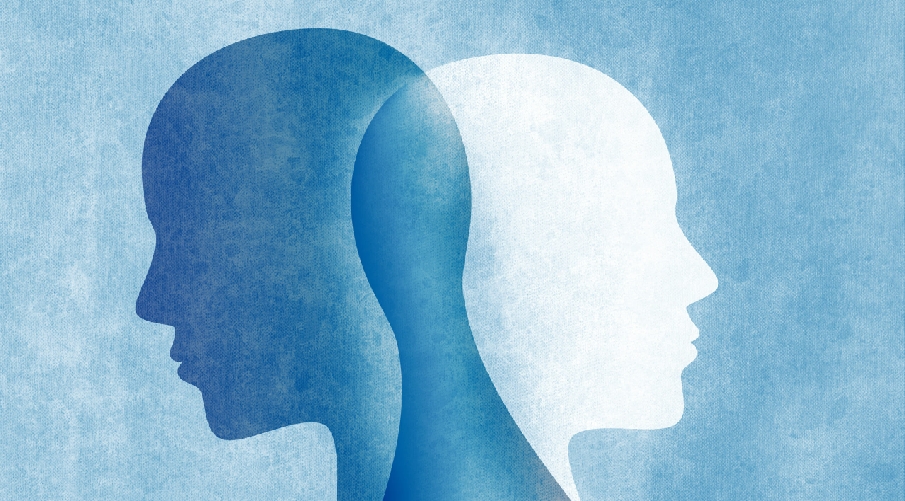Mental health and addiction are two complex issues that can affect anyone at any time, regardless of age or background.
Those who struggle with both mental illness and addiction are often diagnosed with a dual diagnosis or co occurring disorder.
A dual diagnosis can make treatment more challenging, and it is important for individuals, their loved ones, and the community to understand what it means and how it is treated.
What is a Dual Diagnosis?

A dual diagnosis refers to the co occurrence of a mental health disorder and substance abuse or addiction.
Mental health disorders can include depression, anxiety, bipolar disorder, schizophrenia, and post traumatic stress disorder (PTSD).
Addiction or substance abuse can be from alcohol, drugs, or even behavioral addictions such as gambling or sex addiction.
A dual diagnosis can make treatment more challenging, as both conditions must be addressed simultaneously.
How Common is Dual Diagnosis?
Dual diagnosis is more common than one would think.
According to SAMHA’s 2021 National Survey on Drug Use and Health, approximately 9.2 million adults in the United States experienced co occurring disorders.
This means that it affects about 3.5% of the U.S. population.
Treatment for dual diagnosis often involves a combination of medications, therapy, and lifestyle changes.
Diagnosis
Medical history and physical examination:
This involves obtaining a detailed history of the patient’s symptoms and medical history and performing a physical examination to identify any signs of illness or disease.
Diagnostic tests:
These may include laboratory tests, imaging studies (such as X rays or CT scans), and other specialized tests to help identify the underlying cause of the patient’s symptoms.
Consultation with specialists:
Depending on the condition, a specialist may be consulted to help with the diagnosis and treatment.
Treatment
Medications:
Depending on the condition, medications may be prescribed to treat symptoms, manage underlying conditions, or prevent complications.
Surgery:
In some cases, surgery may be necessary to treat the condition or alleviate symptoms.
Lifestyle changes:
This may include changes in diet, exercise, and other habits to help manage or prevent the condition.
Therapy:
In some cases, therapy may be recommended to help manage symptoms or address underlying psychological issues.
Other treatments:
Depending on the condition, other treatments such as radiation therapy, chemotherapy, or alternative therapies may be recommended.
Importance of Integrated Treatment
Treating dual diagnosis requires an integrated approach that addresses both mental health disorders and substance abuse.
For the best possible outcome, an effective treatment plan must consider the unique needs of the individual and the most appropriate interventions.
This includes addiction treatment as well as medication management, therapy, and counseling programs for mental health disorders.
It is also important to maintain open communication with healthcare professionals, stay engaged with support groups and rehabilitation programs, and remove potential triggers that could lead to relapse.
Overcoming the Stigma
A dual diagnosis carries a certain level of stigma, which can lead to avoidance of seeking treatment. Unfortunately, the negative perception and judgmental attitudes towards mental health disorders and addiction still persist.
It is essential to remember that a dual diagnosis is a treatable condition, and seeking help is the right decision.
Even for those who face multiple challenges, there is always time to heal and recover.
In summary, dual diagnosis, also known as a co occurring disorder, refers to the combination of a substance use disorder and mental health disorder.
It is important to understand the prevalence of this condition, the challenges involved in treatment, and the importance of an integrated approach that addresses both disorders.
It is also vital to remove the stigma that surrounds dual diagnosis and encourage individuals to seek the professional support they need to achieve positive outcomes.
Awareness and understanding of dual diagnosis will go a long way in helping individuals overcome their challenges for a better and healthier life.






